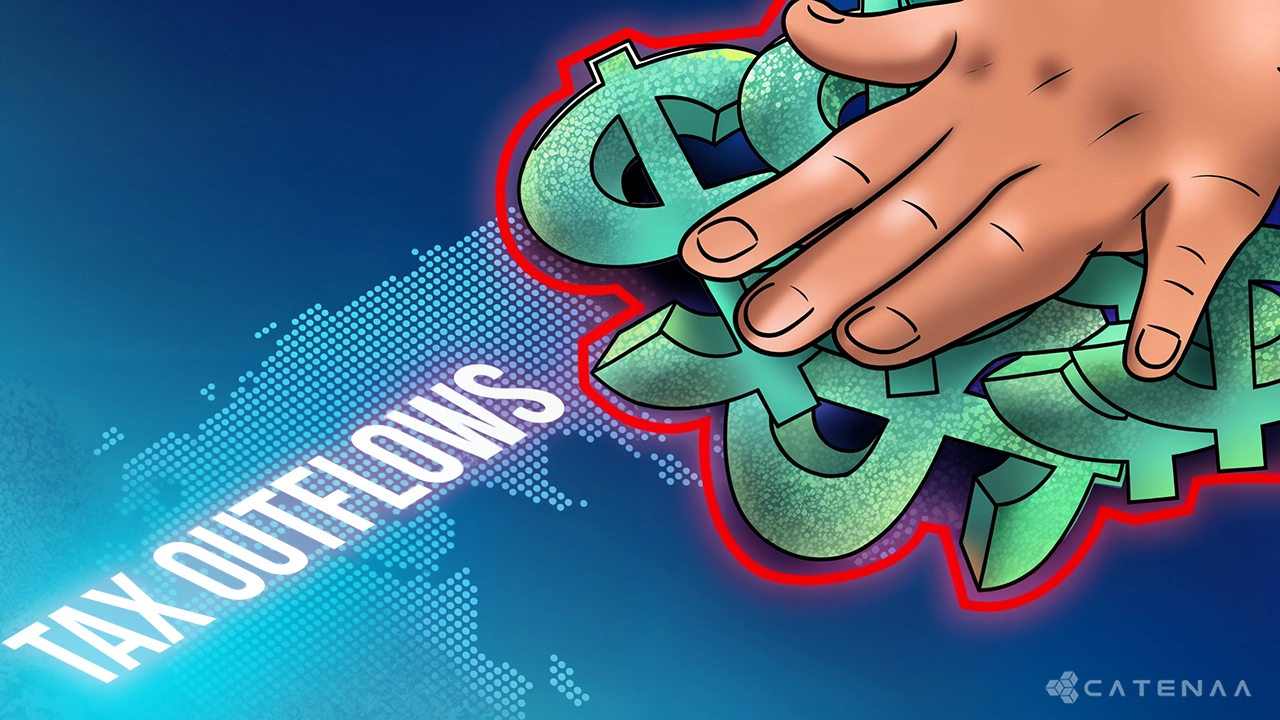Catenaa, Wednesday, June 11, 2025- US Treasury Secretary Scott Bessent said on Wednesday that Trump’s tax bill and spending bill will prevent hundreds of billions of dollars of corporate tax payments from going to foreign governments.
Speaking to the US House of Representatives Ways and Means Committee, Bessent said that the Biden administration “chose to outsource American sovereignty on tax matters,” and the so-called One Big Beautiful Bill Act tax bill would deter countries from collecting revenues from US companies through the “Pillar Two” global minimum corporate tax.
“The US tax system will stand next to what is called Pillar Two, and other countries are welcome to relinquish their fiscal and tax sovereignty to other nations,” Bessent said. “The United States will not, so this bill will allow us to prevent our corporate revenues from being drained into foreign treasuries, and that is in the hundreds of billions of dollars.”
Moreover, he said that it remains to be seen whether the bill would add to federal borrowing.
Also, he said he sees no progress on the US fiscal trajectory at least this year, as the deficit for the current tax year will come in between 6.5% and 6.7% of gross domestic product.
That would mark a third straight year over 6% relative to GDP. The Treasury’s 2024 fiscal-year figures showed a 6.4% deficit, after 6
The Republican bill contains a proposed tax, known as Section 899, that applies a progressive tax burden of up to 20% on foreign investors’ US income as pushback against countries that impose taxes the U.S. considers unfair, such as digital service taxes.
It could raise $116 billion in taxes over 10 years, but has raised concerns over the attractiveness of US investments.


